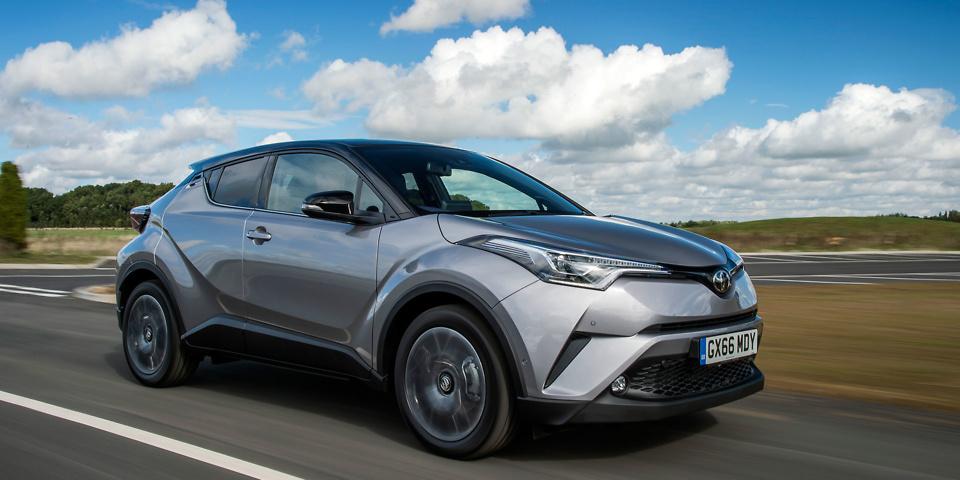Rise by Six: Your Daily Dose of Inspiration
Explore insights and stories that elevate your day.
Why Hybrid Cars are the Unsung Heroes of Eco-Friendly Driving
Discover why hybrid cars are the secret champions of eco-friendly driving and how they can transform your journey toward sustainability!
The Science Behind Hybrid Cars: How They Reduce Your Carbon Footprint
Hybrid cars represent a significant advancement in automotive technology, effectively combining the function of a traditional gasoline engine with the efficiency of an electric motor. This dual power source allows hybrid vehicles to optimize fuel consumption, as they can switch between or combine both energy sources depending on driving conditions. The result is reduced reliance on fossil fuels, which contributes to a decrease in greenhouse gas emissions. On average, a hybrid car emits 20-35% less carbon dioxide than its gasoline-powered counterparts, making it a smart choice for environmentally conscious drivers.
Moreover, the technology behind hybrid cars is constantly evolving, leading to even greater efficiencies. Many modern hybrids utilize regenerative braking, a process that captures kinetic energy typically lost during braking and converts it into electrical energy, which can then be used to recharge the car's battery. This feature not only improves fuel economy but also enhances the lifetime of the vehicle's battery. By driving a hybrid vehicle, you are taking a positive step towards lowering your carbon footprint, contributing to cleaner air and a healthier planet for future generations.

Common Misconceptions About Hybrid Vehicles: What You Need to Know
Hybrid vehicles are often misunderstood, leading to common misconceptions that can discourage potential buyers. One prevalent myth is that hybrids are only suitable for city driving and that their efficiency drops significantly on the highway. In reality, many hybrid models are designed to optimize fuel efficiency at various speeds, making them an excellent choice for both urban and highway driving. This flexibility is thanks to advanced technology that allows the vehicle to switch seamlessly between gas and electric power.
Another frequent misconception is that hybrid vehicles require complex and costly maintenance compared to traditional cars. However, hybrids are built with durability in mind, and their maintenance needs are often similar to conventional vehicles. For instance, hybrid drivers can usually expect longer intervals between oil changes and reduced brake wear due to regenerative braking systems. By understanding these facts, consumers can make informed decisions and appreciate the benefits of hybrid technology.
Are Hybrid Cars Truly Eco-Friendly? A Closer Look at Their Environmental Impact
Hybrid cars are often marketed as a solution to environmental concerns, combining a conventional internal combustion engine with an electric propulsion system. This design aims to improve fuel efficiency and reduce emissions. However, the question remains: **Are hybrid cars truly eco-friendly**? While they do produce fewer tailpipe emissions compared to traditional vehicles, the overall **environmental impact** needs a closer examination. The production and disposal of batteries used in hybrid vehicles can lead to significant environmental challenges, and the extraction of materials like lithium and cobalt raises ethical questions about their sustainability.
Another important factor to consider is the **lifecycle analysis** of hybrid vehicles. According to various studies, while hybrids offer improved fuel economy during operation, their benefits can diminish when accounting for the energy used in manufacturing and the emissions produced during battery production. Therefore, a comprehensive assessment includes not only the operational benefits but also the ecological costs involved in production, infrastructure, and end-of-life disposal. In conclusion, while hybrid cars are a step towards reducing carbon footprints, their **total environmental impact** warrants careful consideration.